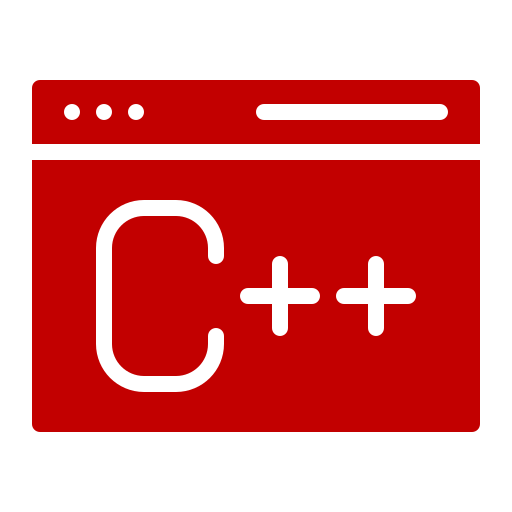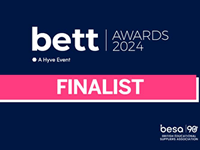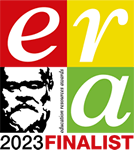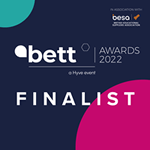It includes:
- Student Learning Record (A3 version in word)
- Student Learning Record (PDF version)
- Student Learning Record (PowerPoint version)
- Set of student activities and workshops with answers
- Answers to the exam questions from the back of the SLR
- Teacher Marking Checklist
This topic covers:
H046
- Not required. Programming is taught independently from this topic throughout the course.
H446
- 1.2.4 a-e Types of Programming Language
Specific knowledge required for A Level:
- Candidates need to understand that there are a variety of types of programming paradigms such as procedural, OOP, low-level, and that each has its strengths and weaknesses in specific scenarios, topics or areas.
- Candidates need to have knowledge and experience of using a procedural programming language for example Python, VB.NET etc.
- Candidates need to be experienced in using procedural programming features such as (but not limited to) variables, constants, selection, iteration, sequence, subroutines, string handling, file handling, Boolean and arithmetic operators.
- Candidates need to be able to read, trace, amend and write procedural program code.
- Candidates need to have an understanding of the purpose and need for assembly language. They need to be familiar with the instructions given in Appendix 5d. They should be able to read, write, trace and amend programs written in the Little Man Computer language.
- Candidates need an understanding of addressing, which should be integrated with assembly language.
- Candidates should have experience of using immediate, direct, indirect and indexed addressing in the writing, reading and tracing of programs written in assembly language.
- Candidates need to understand object-oriented code (as specified in the pseudocode guide). They need to have an understanding of classes, objects, attributes and methods. They need to understand the difference between private and public attributes and methods.
- Candidates need to understand encapsulation and the use of get and set methods to access private attributes.
- Candidates need to understand the purpose and principles of inheritance.
- Candidates need to have an understanding of polymorphism and how it can be used within a program.
- Candidates need to be able to read, trace, amend and write code that makes use of these object-oriented
techniques.






